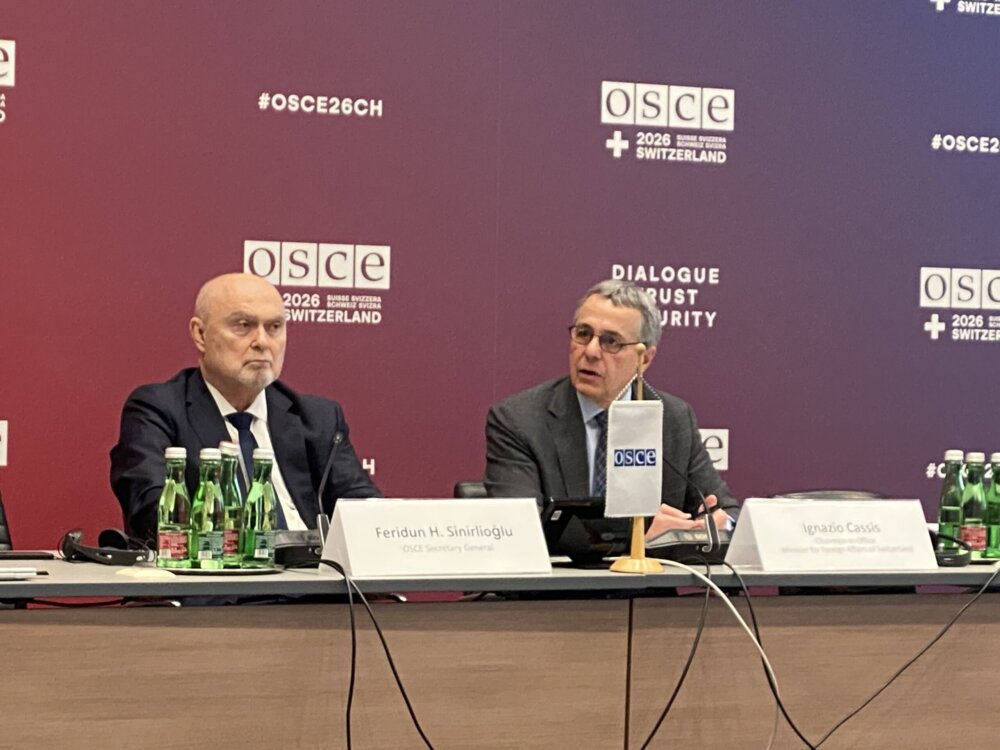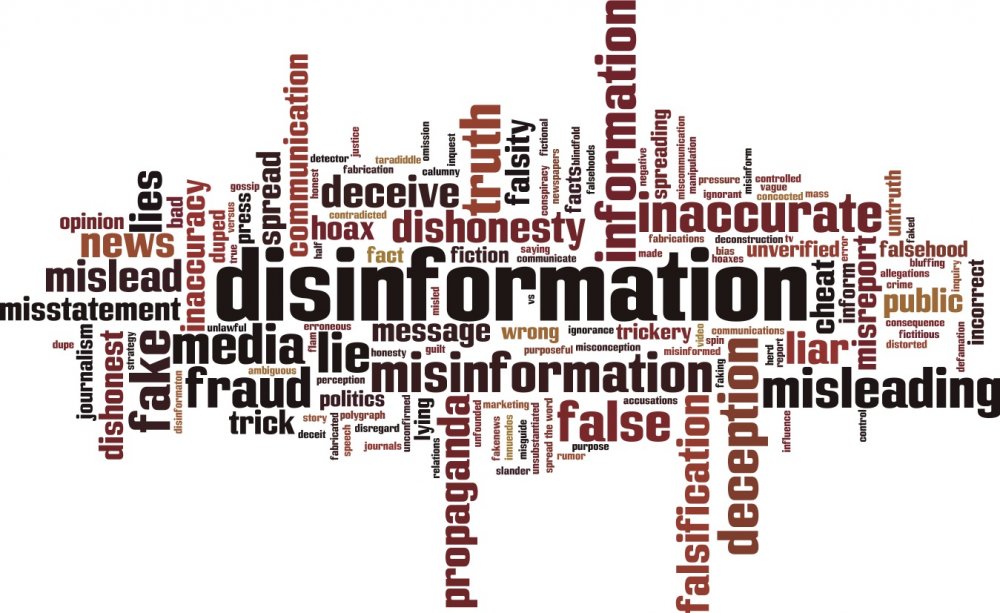shutterstock/rawf8

Russia, The United States, and the OSCE: A Cloudy Future?
This article is part of the Special Issue on “The OSCE at 50: Reflections on security,
cooperation and human rights”, published on a rolling basis between July and November 2025. The Special Issue was curated and edited Walter Kemp and Christian Strohal, Security and Human Rights Monitor Editorial Board members and guest editors-in chief.
Abstract
This article analyzes the role of the OSCE in U.S.-Russia relations from the 1970s to the present, and discusses how the OSCE might regain relevance and importance for European security in the future. Russia’s full-scale invasion of Ukraine in 2022 capped almost two decades of deteriorating relations between Washington and Moscow and increasing discord and paralysis in the OSCE. The Helsinki Final Act and subsequent CSCE agreements were reached because both American and Soviet leaders pursued important goals that could be achieved best in a pan-European multilateral negotiation. After the end of the Cold War, the CSCE flourished during the 1990s, transforming into the OSCE. However, by the late 2000s U.S. and Russian views on the proper role of the OSCE diverged markedly, part of a growing disagreement over Europe’s security architecture. While OSCE institutions remain in place, since 2014, when Russia annexed Crimea and began its war against Ukraine, there has been almost no consensus among the participating states. The article argues that, for the OSCE to have a future, its participating states must once again address important political and security issues there. With its existing institutions and universal membership, the OSCE could be a venue for negotiating important elements of a new political-security order in Europe. But for this to happen, participating states – especially the U.S. and Russia – must choose to do so.
DOI: 10.58866/PQTP4312



Comments
* Your email address will not be published